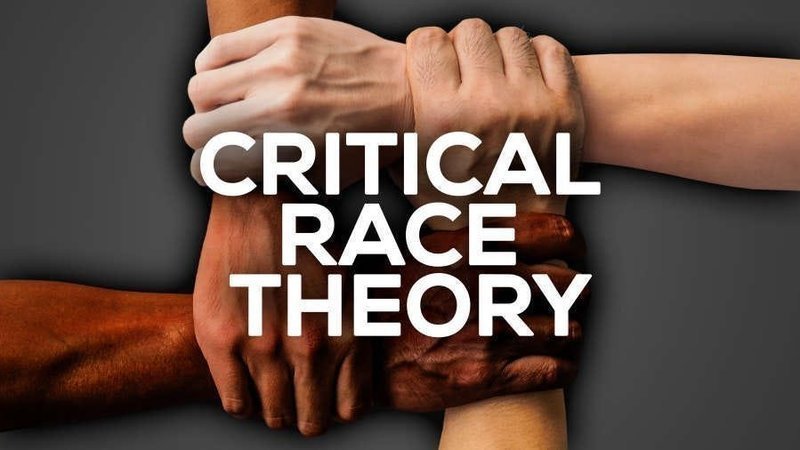Can America handle the truth?
Afrocentricity is a paradigm based on the idea that African people should re-assert a sense of agency in order to achieve sanity. During the l960s a group of African American intellectuals in the newly formed Black Studies departments at universities began to formulate novel ways of analyzing information. In some cases, these new ways were called looking at information from “a black perspective” as opposed to what had been considered the “white perspective” of most information in the American academy.
The philosophy of Afrocentricity as expounded by Molefi Kete Asante and Ama Mazama, central figures of the Temple School, is a way of answering all cultural, economic, political, and social questions related to African people from a centered position. There are other Afrocentric ideas as well, but these are the ones propounded in texts by Professors Asante, Mazama, and the late C. Tsehloane Keto. Indeed, Afrocentricity cannot be reconciled to any hegemonic or idealistic philosophy. It is opposed to radical individualism as expressed in the postmodern school. But it is also opposed to spookism, confusion, and superstition. As example of the differences between the methods of Afrocentricity and postmodernism, consider the following question, “Why have Africans been shut out of global development?” To the postmodernist, Lebron James is a successful professional athlete because of integration. To the Afrocentrist, Lebron is great because of his superior physical development and challenging work habits.
By combining Afrocentricity with critical race theory, one can have a meaningful conversation on Black agency and reparations.
“Critical race theory and the essential scholarship it has advanced may challenge many long-held views, but that is what makes this work so urgent and necessary,” said Columbia President Lee C. Bollinger. “I could not be prouder that it is taking place at Columbia. This is what makes universities such vital institutions in society.”
“In the finest tradition of Columbia Law School, our brilliant faculty were among the foundational thinkers and continue to lead the dialogue on this vital issue,” said Gillian Lester, Dean and Lucy G. Moses Professor of Law. “Their scholarship, teaching, and advocacy have illuminated the pervasive effects of structural racism in our society and in the law. That they have persisted in the face of hostility and outright falsehoods is testament to their vision and determination.”
Critical race theory was a movement that initially started at Harvard under Professor Derrick Bell in the 1980s. It evolved in reaction to critical legal studies, which came about in the 70s and dissected the idea that law was just and neutral. Over time, the movement grew among legal scholars, mostly of color, at law schools across the country, including at UCLA, where lectures centered around critical race theory, civil rights, and constitutional law.
Critical race theory empowers a different view of law and policy. This empowerment has challenged the stranglehold of ‘racial moralism’ by suggesting that the egocentric belief of racism as an individual issue does not result in institutional justice. Critical race theory tells a story about established racial disadvantages and systemic racial inequality. It highlights the structural harms of ‘colorblind racism’ that exist in laws that do not mention racial issues by name. Obviously, the Republican Party is not aware of the term Afrocentricity









